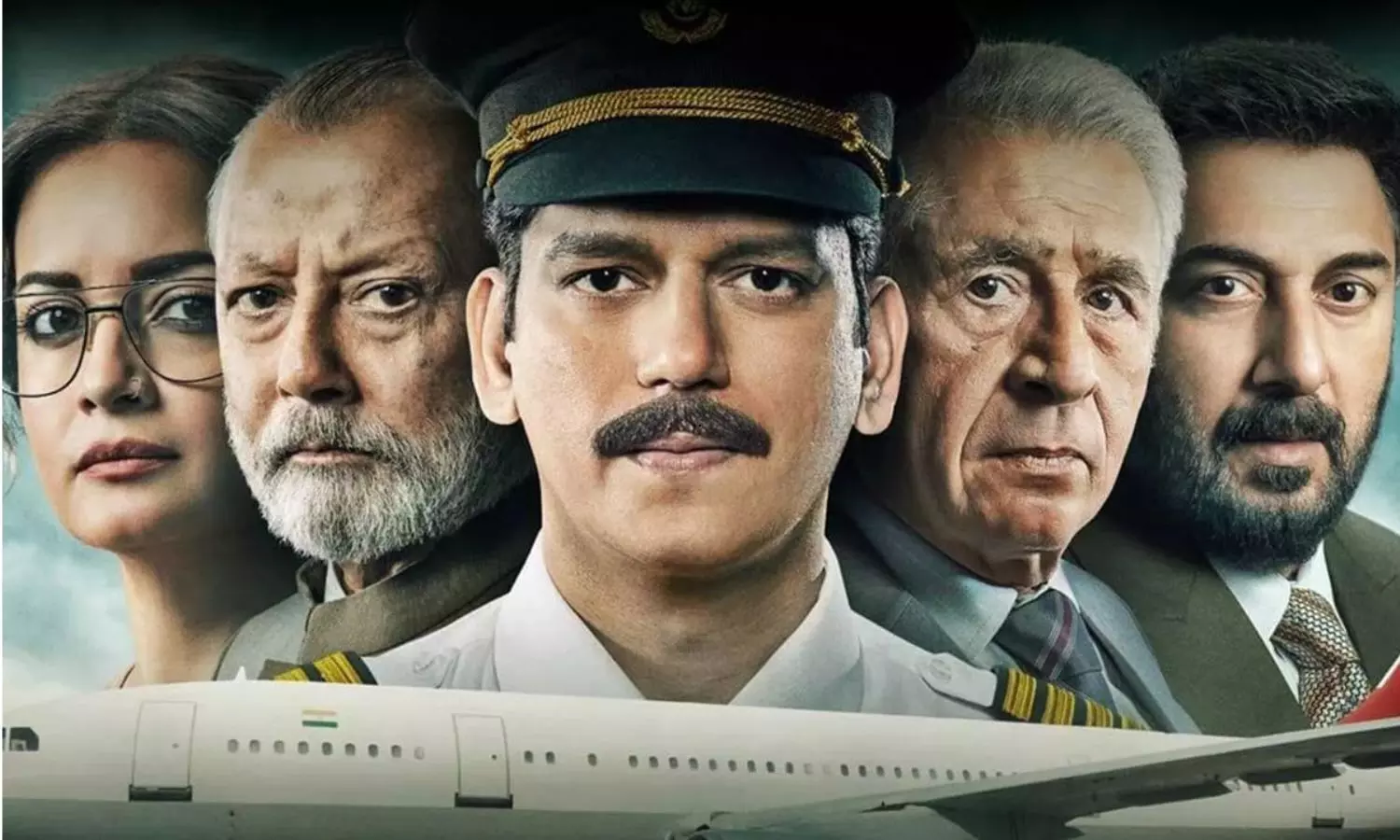Vijay Varma's 'IC814 The Kandahar Hijack' on Netflix August 29: Key facts about the 1999 attack
Vijay Varma's 'IC814 The Kandahar Hijack' streams on Netflix from August 29. Discover key facts about the 1999 hijacking that shook India in this gripping series.
Vijay Varma's 'IC814 The Kandahar Hijack' on Netflix August 29: Key facts about the 1999 attack

Vijay Varma's 'IC814 The Kandahar Hijack' streaming on Netflix from August 29: Key facts about the attack
The highly anticipated series "IC814 The Kandahar Hijack," directed by Anubhav Sinha and starring Vijay Varma, Dia Mirza, and Naseeruddin Shah, will premiere on Netflix on August 29.
The drama delves into the harrowing real-life events of the 1999 hijacking of an Indian Airlines Airbus, which was en route from Nepal to New Delhi with 188 passengers on board. The incident remains the longest aviation hijacking in Indian history.
Netflix has released a teaser on Instagram, hinting at the intense narrative to come. The caption read: "188 onboard, and the entire nation held at gunpoint. Based on true events - IC 814: The Kandahar Hijack, a limited series, arrives on August 29, only on Netflix."
In addition to Varma, Mirza, and Shah, the series features an ensemble cast including Manoj Pahwa, Kumud Mishra, Arvind Swamy, and Patralekha.
Varma was last seen in "Murder Mubarak," Mirza starred in "Dhak Dhak," and Shah appeared in the "Showtime" series.
Indian Airlines Flight 814, also known as IC 814, was an Airbus A300 traveling from Tribhuvan International Airport in Kathmandu, Nepal, to Indira Gandhi International Airport in Delhi, India, on December 24, 1999, when it was hijacked by five masked Pakistani militants from the Harkat-ul-Mujahideen (HuM).
The hijackers took control of the aircraft shortly after it entered Indian airspace around 5:30 PM IST. They directed the plane to several locations, including Amritsar, Lahore, and Dubai, before eventually forcing it to land in Kandahar, Afghanistan, which was then under Taliban control. In Dubai, the hijackers released 27 of the 176 passengers but fatally stabbed one and injured several others.
At the time, Kandahar's airport was surrounded by Taliban fighters to prevent any Indian military intervention. National Security Advisor Ajit Doval, who was on the ground, noted the presence of Inter-Services Intelligence (ISI) officers, suggesting possible support for the hijackers from Pakistan. Doval believed that without this support, India might have been able to resolve the crisis more swiftly.
The hijackers' primary demand was the release of Islamist terrorists imprisoned in India: HuM members Ahmed Omar Saeed Sheikh and Masood Azhar, along with Kashmiri militant Mushtaq Ahmed Zargar. The crisis, which lasted seven days, concluded with India's agreement to release the three terrorists. These individuals have since been involved in various terrorist activities, including the 2001 Indian Parliament attack, the 2002 kidnapping and murder of journalist Daniel Pearl, the 2008 Mumbai attacks, the 2016 Pathankot attack, and the 2019 Pulwama attack.
The hijacking is often associated with al-Qaeda-linked plots from late December 1999 and early January 2000.

